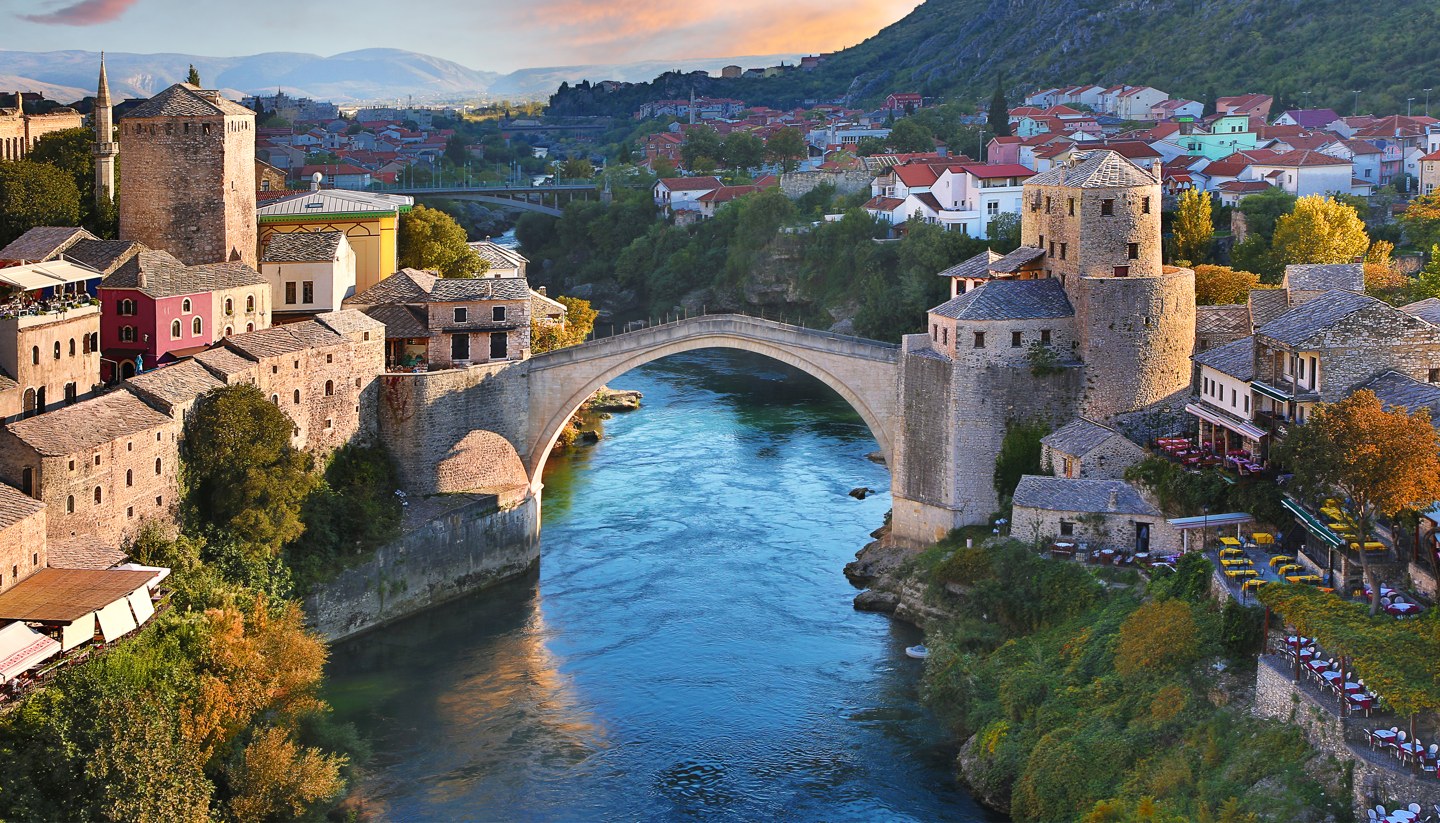Bosnia and Herzegovina Health Care and Vaccinations
| Title | Special precautions |
|---|---|
| Diphtheria | Sometimes |
| Hepatitis A | Sometimes |
| Malaria | No |
| Rabies | Sometimes |
| Tetanus | Yes |
| Typhoid | Sometimes |
| Yellow Fever | No |
Health Care
Healthcare facilities are better in urban areas like Sarajevo, Mostar, and Banja Luka, but rural areas may face shortages of resources and personnel. Most healthcare services in Bosnia require payment at the time of treatment, especially for tourists. Having cash on hand is important as card payments may not be widely accepted in smaller clinics. Tourists should take out full travel and medical insurance before travelling to Bosnia & Herzegovina.
Food and Drink
Tap water in Bosnia and Herzegovina is generally of good quality and safe to drink in most areas, especially in urban centres. Local meat, poultry, seafood, fruit, and vegetables are considered safe to consume, but as a precaution, it is advisable to peel fruits and vegetables and ensure that meat and fish are thoroughly cooked. Unpasteurised milk should be boiled before consumption, and dairy products made from unboiled milk are best avoided to minimise health risks.
Other Risks
Immunisation against hepatitis B, tuberculosis and tick-borne encephalitis is recommended. Rabies is present. For those at high risk, vaccination before arrival should be considered. If you are bitten, seek medical advice without delay.


